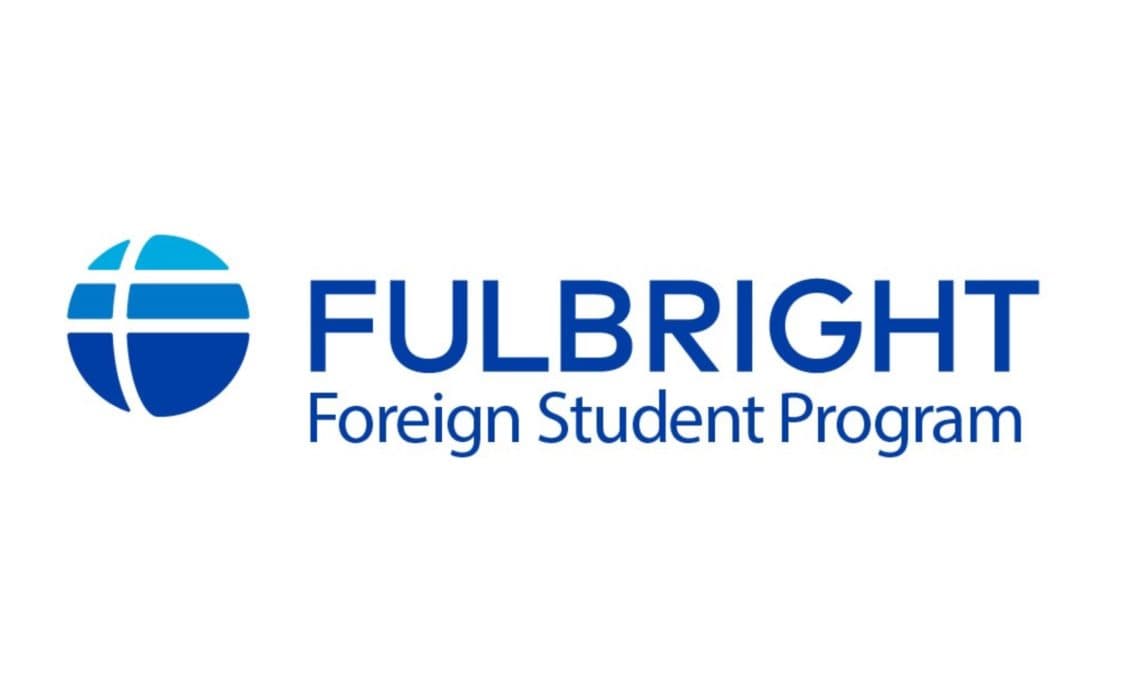The Fulbright Scholarship program, established in 1946, is a prestigious and highly competitive scholarship program that offers transformative opportunities for U.S. students to study, conduct research, or teach abroad. Sponsored by the U.S. Department of State’s Bureau of Educational and Cultural Affairs, the Fulbright program aims to promote mutual understanding, cultural exchange, and academic collaboration between the United States and other countries. In this in-depth blog post, we will explore the Fulbright Scholarship program in detail, including its history, benefits, eligibility criteria, application process, and the profound impact it has on the lives and careers of U.S. students.
A Legacy of International Exchange
The Fulbright Scholarship program was established by Senator J. William Fulbright with the goal of fostering goodwill and cultural exchange between the United States and other nations after World War II. Since its inception, the program has provided opportunities to thousands of U.S. students to engage with diverse cultures, build bridges of understanding, and contribute to global cooperation.
Benefits of the Fulbright Scholarship
The Fulbright Scholarship offers a wide range of benefits and opportunities for U.S. students, including:
- Fully Funded Experience: Fulbright scholars receive comprehensive funding that covers tuition fees, living expenses, health insurance, and sometimes even travel costs.
- Academic Excellence: Scholars have the opportunity to pursue advanced studies at renowned international institutions, conduct research in their field of interest, or teach English as a foreign language, enhancing their academic and professional development.
- Cultural Immersion: Living and studying in a foreign country allows Fulbright scholars to immerse themselves in a different culture, language, and way of life. This immersive experience fosters intercultural competence, empathy, and a broader global perspective.
- Networking and Collaboration: Fulbright scholars become part of a global network of alumni, connecting them to professionals, researchers, and leaders in various fields. These connections often lead to lifelong collaborations and opportunities for future career advancement.
- Career Opportunities: The Fulbright experience enhances scholars’ resumes and demonstrates their ability to thrive in diverse and challenging environments, making them highly sought after by employers in an increasingly globalized world.
Eligibility Criteria
To be eligible for the Fulbright Scholarship, U.S. students must meet specific requirements, which may vary depending on the program or country. Generally, the eligibility criteria include the following:
- U.S. Citizenship: Applicants must be U.S. citizens at the time of application.
- Academic Achievement: A strong academic record, typically with a bachelor’s degree or equivalent, is required. Some programs may have additional academic prerequisites or specific research interests.
- Language Proficiency: Proficiency in the language of the host country is crucial, as it facilitates effective communication, cultural integration, and the successful completion of the proposed project.
- Purpose and Adaptability: Applicants should demonstrate a clear purpose and motivation for their study, research, or teaching abroad. They should also possess the flexibility and adaptability to navigate different cultural and academic environments.
The Application Process
The Fulbright Scholarship application process is rigorous and highly competitive. It typically involves the following stages:
- Research and Program Selection: Applicants should thoroughly research available Fulbright programs, host institutions, and countries to identify the most suitable opportunity aligned with their academic goals and research interests.
- Application Preparation: The application requires careful planning and attention to detail. It includes written essays, a statement of grant purpose, letters of recommendation, transcripts, and, in some cases, language proficiency tests. Applicants should allocate sufficient time to craft compelling and well-articulated application materials.
- Interviews and Selection: Shortlisted candidates are invited for an interview as part of the selection process. The interview panel evaluates the applicant’s academic abilities, cultural sensitivity, adaptability, and commitment to the Fulbright mission.
- Notification and Pre-departure Preparation: Successful candidates receive notification of their selection and embark on a comprehensive pre-departure orientation, which equips them with essential information, resources, and cultural sensitivity training to ensure a successful Fulbright experience.
Fulbright Alumni Experiences
The Fulbright experience has a profound and lasting impact on the lives and careers of U.S. students. Fulbright alumni often describe their experiences as transformative, leading to personal growth, academic excellence, and a lifelong commitment to international collaboration. Scholars engage in meaningful research projects, immerse themselves in local communities, and develop cross-cultural connections that foster mutual understanding and respect. Fulbright alumni go on to become leaders in their fields, contributing to academia, public service, diplomacy, and various industries, leveraging the skills and knowledge gained during their Fulbright experience.

